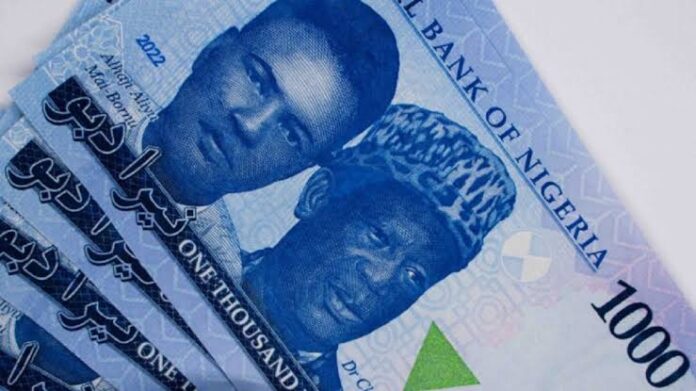Nigeria, Africa’s largest economy, is facing an economic crisis. A series of ill conceived reforms have pushed the nation into a downward spiral of inflation and currency instability. Let’s delve into the details:
The devaluation of the Naira against the dollar has had severe repercussions for ordinary Nigerians. Basic foodstuffs now cost significantly more, with prices sometimes doubling or even tripling within a single day. Imagine waking up to find that the price of rice, bread, or cooking oil has skyrocketed beyond your means. This is the harsh reality faced by millions of Nigerians.
Before this crisis, 98 million Nigerians were already living in extreme poverty. Now, with the economic turmoil, that number could surge even higher. Families struggle to put food on the table, and the specter of hunger looms large. The situation is dire, and urgent action is needed to prevent a catastrophe.
What led to this crisis?
The government’s attempt to revamp the Naira backfired. Instead of stability, it triggered uncertainty. The Naira’s value plummeted, eroding incomes and savings.
In a bid to attract foreign investors, the government removed fuel subsidies. However, this move had unintended consequences. Gas prices tripled, hitting ordinary citizens hard. Transportation costs surged, affecting everyone from market traders to office workers.
The decision to allow the Naira to float freely in the foreign exchange market exacerbated the crisis. Exchange rates became volatile, making planning and budgeting nearly impossible for businesses and households.
The question now is, how long before the inferno consumes everything? The flames of economic distress are spreading, threatening livelihoods, education, and healthcare. Nigerians are resilient, but their endurance is being tested to the limit.

